What are the best foods for gut health?
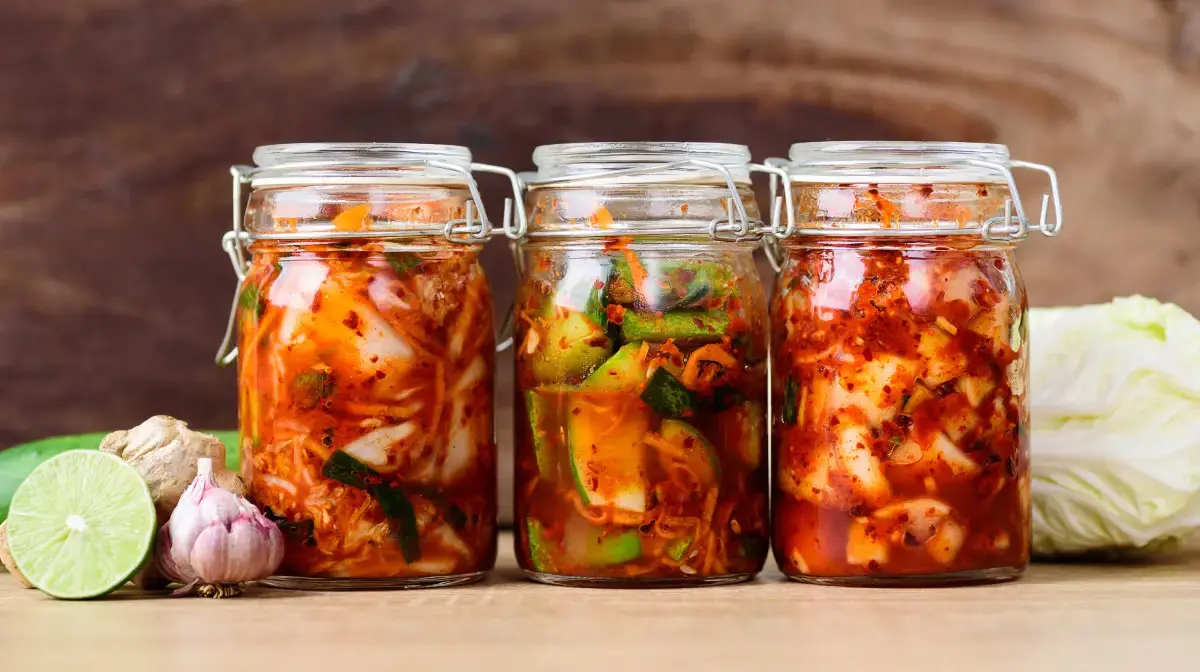

What are the best foods for gut health?
So, is there such a thing as ‘good gut health’ foods? Now whilst there isn’t one ‘magic’ ingredient to achieve good gut health, many foods have been linked to supporting gut function due to their individual properties.
Wellness Benefits of a Healthy Gut:
With an ever-growing amount of research highlighting the importance of gut health in overall health and wellbeing, we are all looking for simple ways we can support our own gut microbiome. The good news is, we can support gut health through our diet by making informed choices about the types of foods we eat. Our diet is a key influencer of the gut microbiome and can impact the composition and diversity of our gut microbes, so eating a balanced diet is a great way to support gut health as well as the immune system, mood and brain function.
Gut Health Foods:
So, let’s take a look at some foods you can start incorporating into your diet each day to support those little gut microbes!
-
-
- Wholegrains
- Plant Foods
- Fermented Foods
- Prebiotic Foods
-
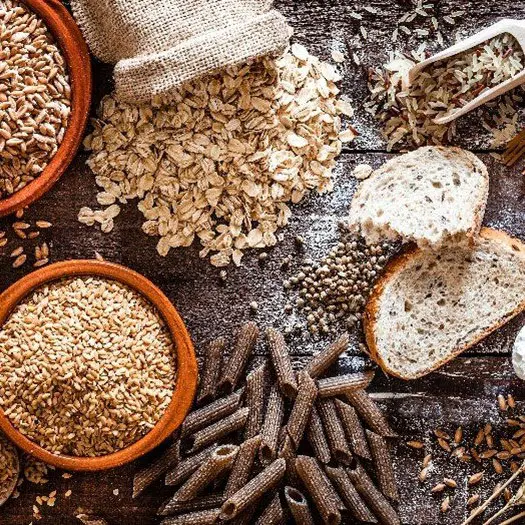
Wholegrains:
Wholegrains deliver a range of important nutrients to the body, but perhaps the most important of those for gut function is fibre. We all know fibre is central to digestion and forming that all important stool, but what some don’t know is how important fibre is for our gut microbiome.
Because your body cannot digest fibre on its own, fibre makes its way, undigested, to the gut where it is able to feed the gut microbes, promoting the growth of the ‘friendly’ bacteria.
Next time you’re planning a meal try to add a wholegrain option – your gut will love the addition! For example, you could add Oats, Quinoa, Wild rice, Rye or Millet.
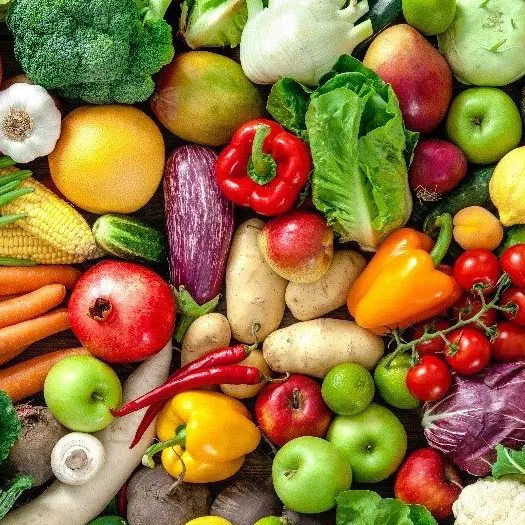
Plant Foods:
Plant based foods are exactly that, foods such as fruits, vegetables, wholegrains, cereals and pulses, and are another great source of fibre! Plant based foods are often mistaken for a vegan diet, which is the elimination of all foods from an animal origin, such as meat, fish, dairy and eggs, but don’t worry, you can still increase your plant intake whilst also eating animal foods, you don’t have to go vegan to eat more plant foods!
A diet rich in plant based foods has been shown to support gut function by increasing the diversity of the gut microbiota. When choosing plant based foods, diversity is key! We should be aiming for 30 plant based foods per week, so next time you are in the supermarket, try to select a range of different coloured fruits and vegetables, and try to add in new variations each week!
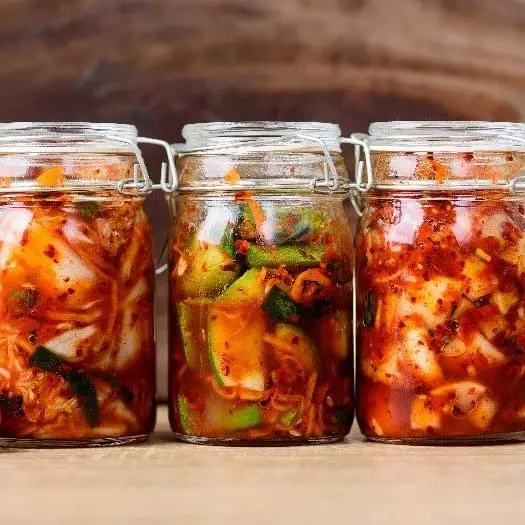
Fermented Food:
Fermented foods have been around for almost 10,000 years, but most of us are only just now becoming aware of them and their benefits to health. The health benefits associated with fermented foods come from the bacteria and yeast the food is preserved with. Fermentation is an anaerobic process, where the yeast and bacteria break down the foods, resulting in their unique tastes. Some great examples of fermented foods are Live yoghurt, Kefir, Kimchi, Kombucha and Sauerkraut.
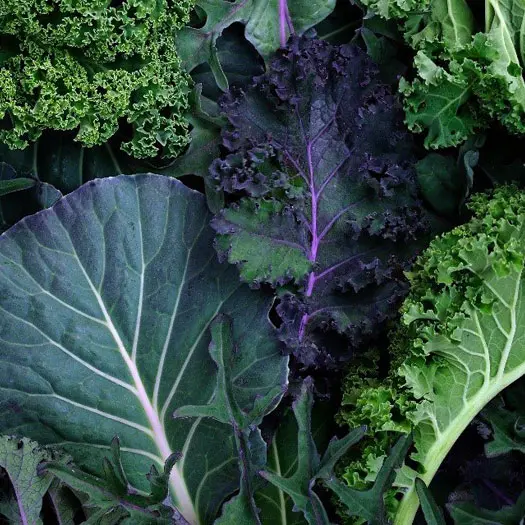
Prebiotic Foods:
Prebiotics are often mistaken for ‘Probiotics’ but in fact, the two are not the same. Prebiotics are the ‘food’ for the good bacteria in our guts. They are fibre-rich foods that pass undigested to the gut, where they are broken down by bacteria, increasing both the diversity of bacteria and the balance of friendly bacteria in the gut.
You can increase your prebiotic intake through the diet, by eating foods such as Onions, Garlic, Asparagus, Bananas, Oats, Artichokes, Chicory, Leeks and Leafy green vegetables.
In Summary:
Filling your diet with more of these foods and incorporating them into your daily meals is a great way to help look after your gut and support your overall health. Remember, diversity is key here, so consuming a wide range of foods is the best way to access an array of nutrients.
But it is not just our diets that influence gut health, things like our physical activity levels, our lifestyles, stress levels and sleep all play a role in the health of your gut microbiome.

